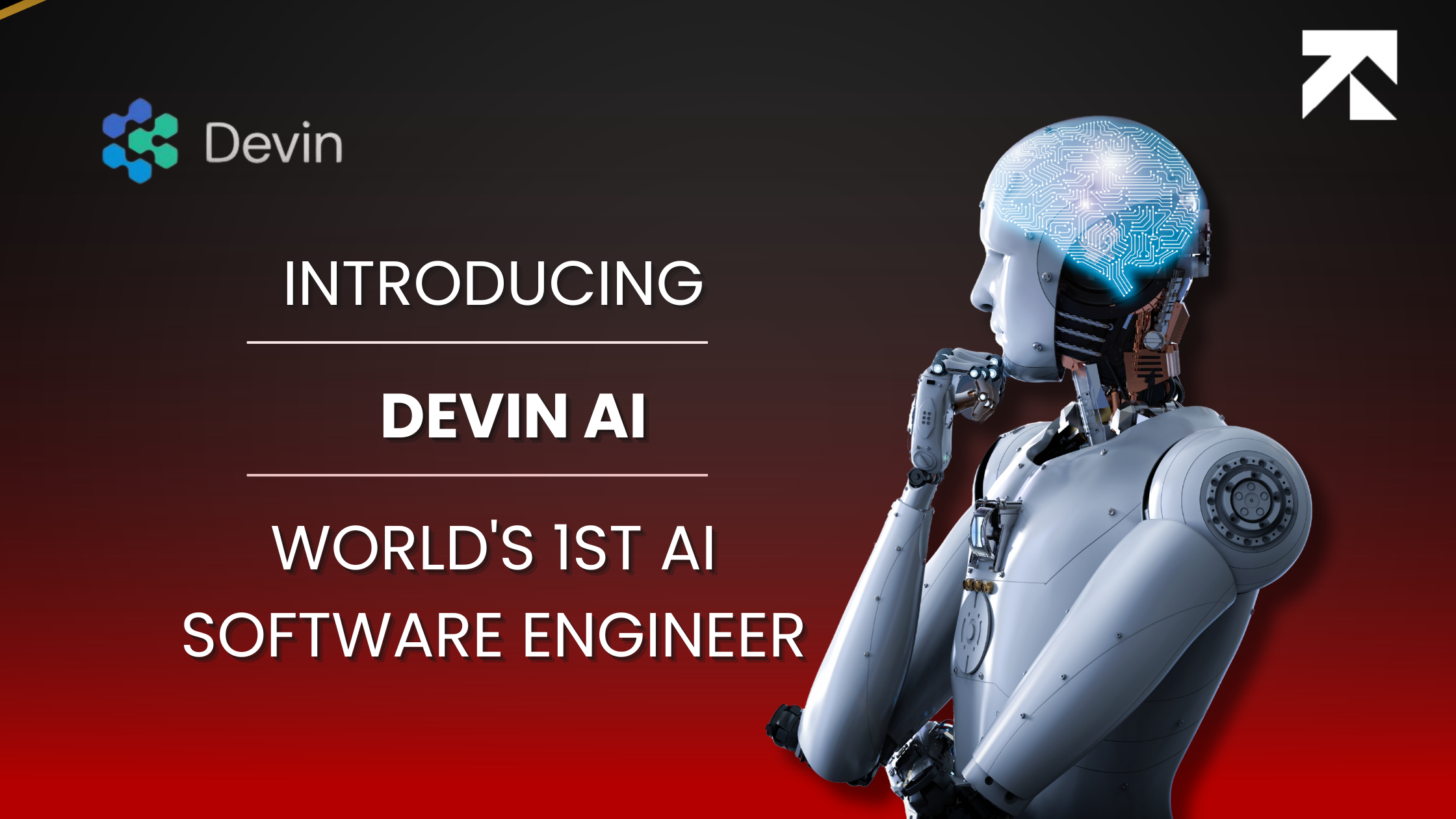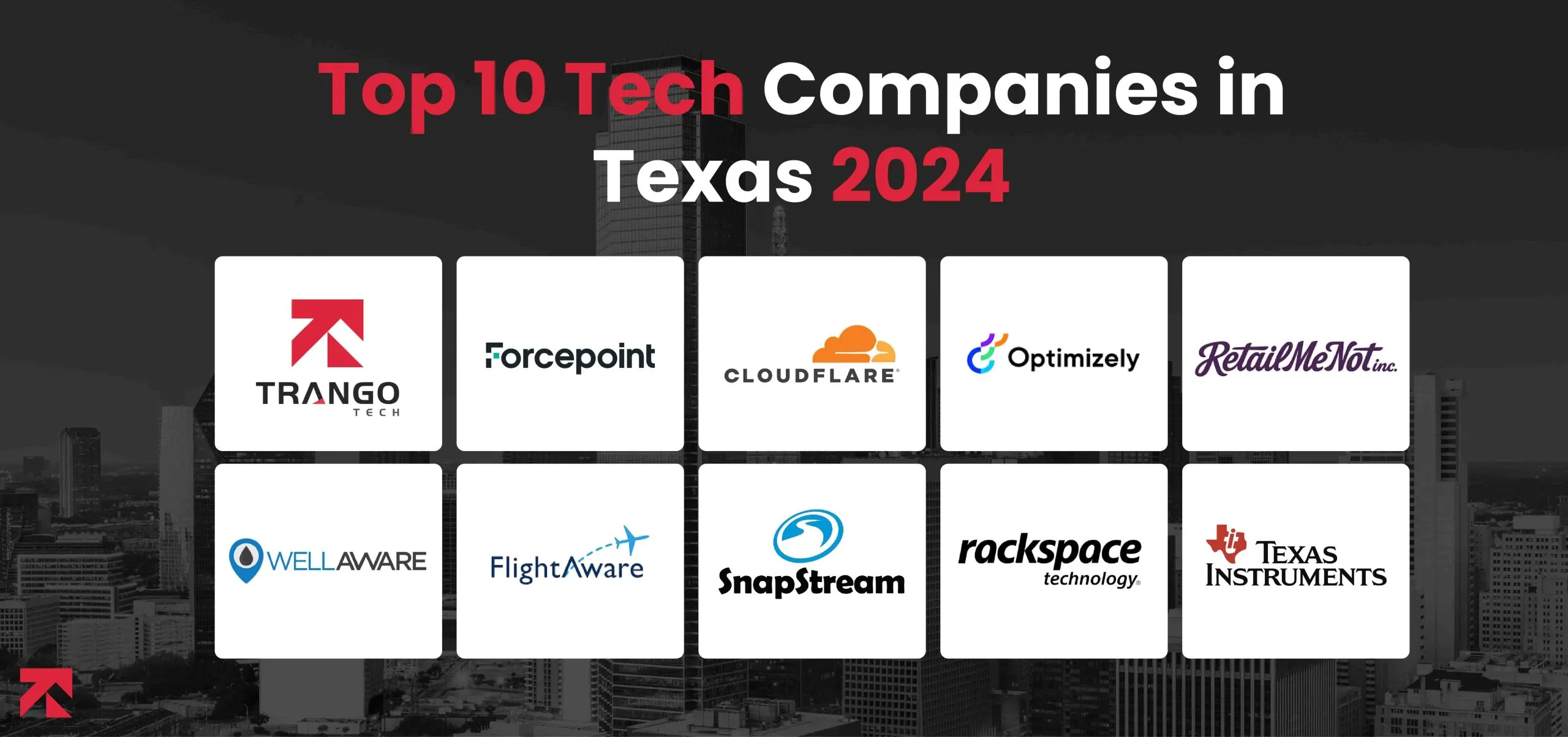As the popularity of social networking apps continues to soar, developers face the challenge of scaling their databases to handle increasing user loads and ensure optimal performance. One commonly used database management system is MySQL, known for its reliability and versatility. However, it’s essential to explore other technologies and weigh their pros and cons to make an informed decision. In this article, we will delve into the database dilemma of scaling MySQL for a social networking app and discuss alternative technologies.
Understanding MySQL
MySQL is an open-source relational database management system widely used in various applications, including social networking apps. It offers a robust set of features, such as ACID compliance, data integrity, and high availability. MySQL uses a structured query language (SQL) for managing and manipulating data.
Scaling MySQL for a Social Networking App
When scaling a MySQL database for a social networking app, several considerations come into play. Here are some crucial steps to follow:
1. Analyze the Database Structure and Indexing
Start by examining the database schema and ensuring that it is well-optimized for efficient data retrieval. Proper indexing of tables and minimizing redundant data can significantly enhance performance.
2. Implement Caching Mechanisms
Introduce caching mechanisms, such as Redis or Memcached, to store frequently accessed data in memory. This helps reduce the load on the database server and improves response times.
3. Sharding and Partitioning
Sharding and partitioning involve splitting the database into smaller, more manageable parts. By distributing the data across multiple servers, you can achieve horizontal scaling and handle higher volumes of user activity.
4. Load Balancing
Implement a load balancing mechanism to evenly distribute the incoming traffic across multiple database servers. This ensures optimal utilization of resources and prevents any single server from becoming a bottleneck.
5. Replication
Setting up database replication enables you to create multiple copies of your database. This not only enhances fault tolerance but also allows you to offload read operations to the replica servers, reducing the load on the primary database.
Pros and Cons of MySQL
While MySQL offers numerous benefits, it also has its limitations. Let’s explore the pros and cons of using MySQL for a social networking app:
Pros of MySQL
- Reliability: MySQL has a proven track record of stability and durability.
- Community Support: It benefits from a large and active community that provides continuous support and resources.
- Compatibility: MySQL is compatible with various operating systems and programming languages, making it flexible for developers.
- ACID Compliance: It ensures data integrity and consistency, making it suitable for applications with complex transactions.
- Cost-Effective: MySQL is open-source and free to use, making it an attractive option for startups and small businesses.
Cons of MySQL
- Scalability Challenges: While MySQL can handle moderate workloads, scaling it for massive traffic can be complex and resource-intensive.
- Performance Limitations: High-concurrency workloads may lead to performance bottlenecks due to locking and contention.
- Lack of NoSQL Features: MySQL’s relational nature might not be ideal for applications requiring flexible and schema-less data models.
- Limited JSON Support: Although MySQL has improved JSON support, it may not be as comprehensive as dedicated NoSQL databases.
Alternative Database Technologies
To overcome the limitations of MySQL and address the scaling challenges, developers often consider alternative database technologies. Here are a few popular options:
1. PostgreSQL
PostgreSQL is another open-source relational database management system known for its extensibility and compliance with SQL standards. It offers advanced features such as JSON support, concurrency control, and robust transaction support.
2. MongoDB
MongoDB is a document-oriented NoSQL database that provides high scalability and flexibility. It allows developers to store, query, and manipulate unstructured data using a JSON-like document model.
3. Cassandra
Cassandra is a distributed NoSQL database designed for handling massive amounts of data across multiple commodity servers. It offers high availability, fault tolerance, and linear scalability.
Pros and Cons of Alternative Technologies
Let’s explore the pros and cons of the alternative database technologies mentioned above:
PostgreSQL
- Pros:
- Advanced Features: PostgreSQL offers rich functionality and advanced SQL capabilities.
- Extensibility: It allows developers to add custom data types, operators, and functions.
- Reliability: PostgreSQL has a reputation for stability and data integrity.
- Cons:
- Learning Curve: Mastering PostgreSQL might require a steeper learning curve compared to MySQL.
- Limited Replication Options: The replication setup in PostgreSQL can be more complex than MySQL.
MongoDB
- Pros:
- Flexible Data Model: MongoDB’s document-oriented model allows for easy schema evolution and handling of unstructured data.
- Scalability: It supports horizontal scaling and can handle large volumes of data.
- Performance: MongoDB excels at read-intensive workloads and can provide low latency responses.
- Cons:
- Eventual Consistency: MongoDB’s default consistency model may not be suitable for applications requiring strong consistency.
- Lack of Transactions: MongoDB sacrifices ACID transactions for increased scalability.
Cassandra
- Pros:
- Scalability: Cassandra is designed for massive scalability and can handle large datasets and high write-throughput.
- Fault Tolerance: It provides built-in replication and automatic data distribution across nodes.
- Tunable Consistency: Cassandra allows developers to configure consistency levels based on application requirements.
- Cons:
- Complexity: Setting up and managing a Cassandra cluster can be more complex than traditional relational databases.
- Query Limitations: Cassandra’s query language has certain limitations compared to SQL.
Conclusion
Scaling a MySQL database for a social networking app requires careful planning and consideration. While MySQL offers reliability and a strong community, its scalability challenges and performance limitations may prompt developers to explore alternative database technologies. PostgreSQL, MongoDB, and Cassandra are viable options, each with its own set of advantages and drawbacks. By evaluating the specific requirements of the app and considering factors such as scalability, performance, and data model flexibility, developers can make an informed decision on the most suitable database technology.
FAQs
- Q: Can I use MySQL for a small-scale social networking app? A: Yes, MySQL is a suitable choice for small-scale social networking apps due to its reliability and cost-effectiveness.
- Q: How does database sharding help in scaling MySQL? A: Sharding involves distributing the data across multiple servers, allowing for horizontal scaling and increased capacity.
- Q: Which database technology is best for handling unstructured data? A: MongoDB is well-suited for handling unstructured data due to its flexible document-oriented model.
- Q: Is PostgreSQL a good alternative to MySQL for scaling purposes? A: Yes, PostgreSQL offers advanced features and scalability, making it a viable alternative to MySQL for scaling applications.
- Q: What are the trade-offs of using Cassandra as a database for a social# Get Access Now: https://bit.ly/J_Umma
networking app? A: Cassandra provides excellent scalability and fault tolerance but comes with increased complexity in setup and management compared to traditional relational databases. Additionally, its query language has certain limitations compared to SQL









